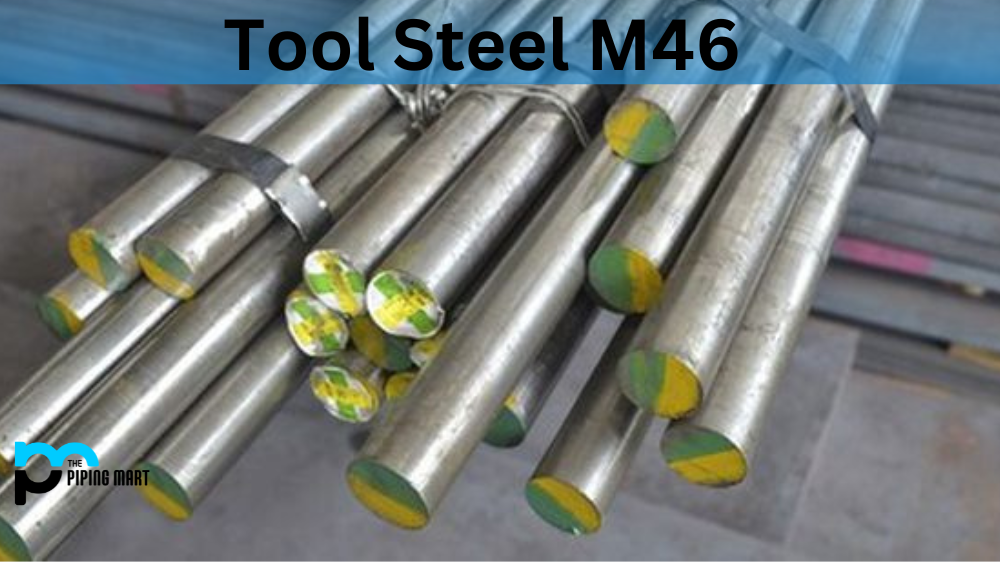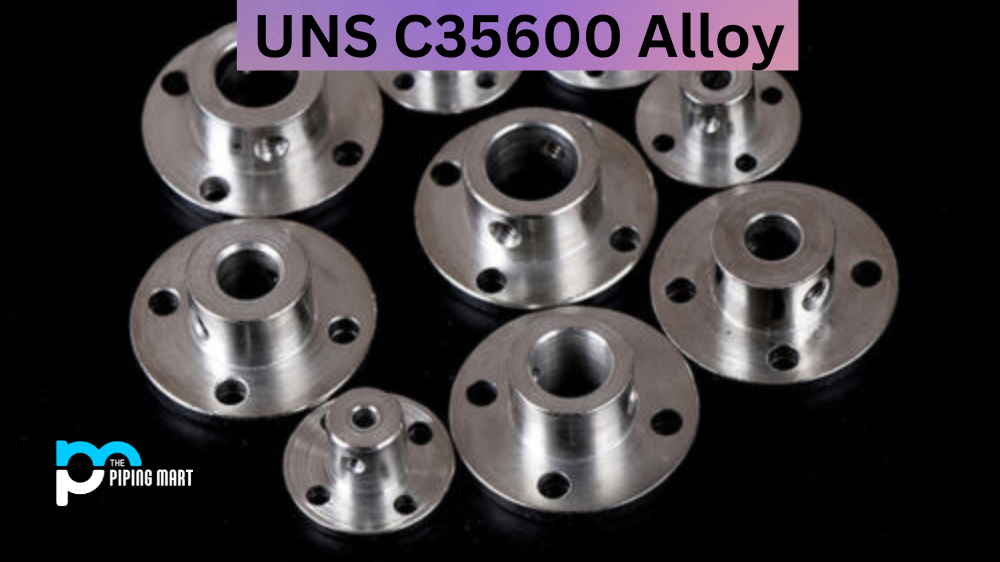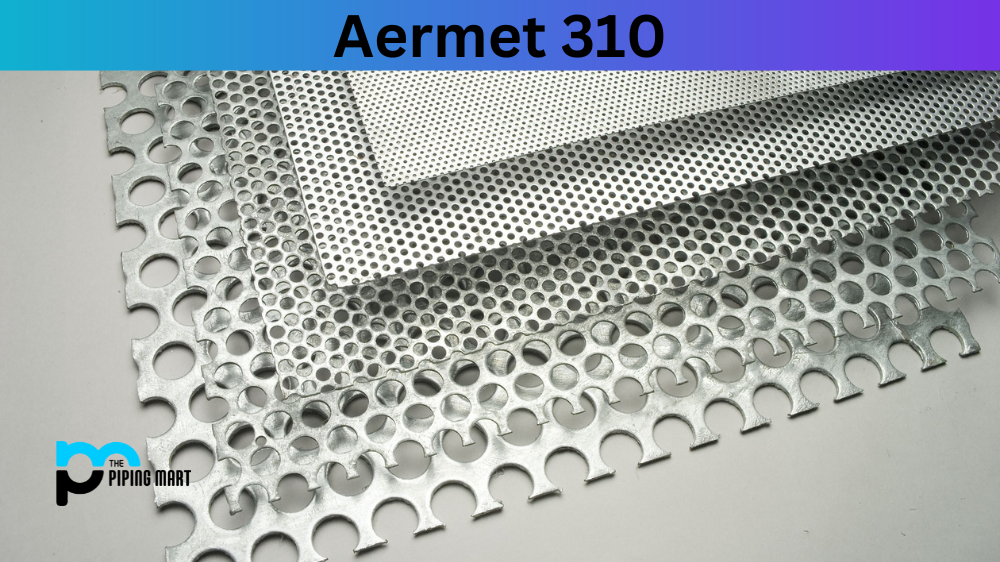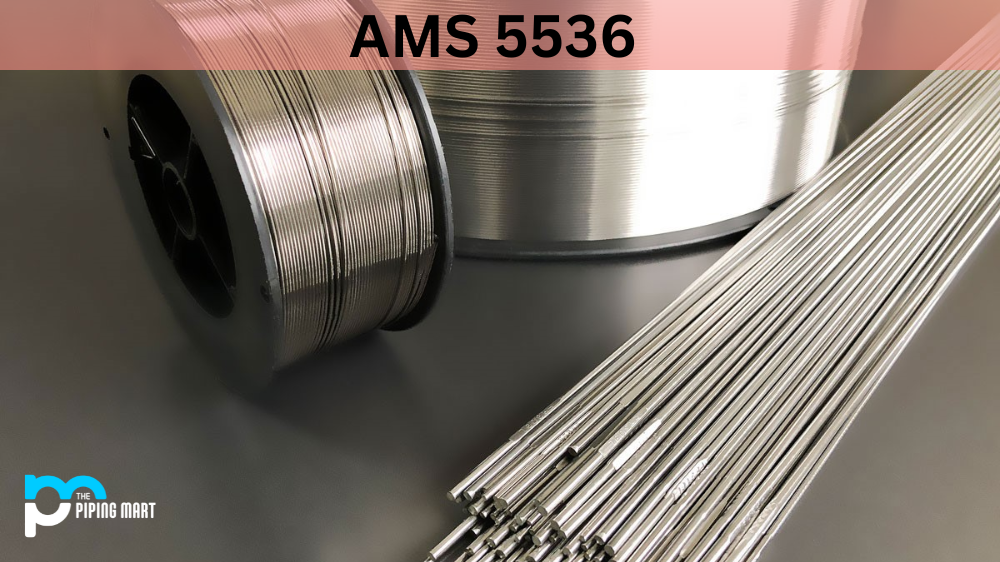M46 Tool Steel is an air-hardening, high-carbon, high-chromium tool steel. It has excellent wear resistance and toughness, making it a great choice for machining and forging applications. This blog post will look at the composition, mechanical properties, physical properties, uses corrosion resistance, heat resistance, heat treatment, machining, and welding of Tool Steel M46.
Composition
M46 Molybdenum High Speed Tool Steel (UNS T11346) comprises carbon (1.70%) and chromium (6.00%). The steel also contains manganese (0.50%), silicon (0.30%), molybdenum (4.25%), vanadium (2.25%), tungsten (4.75%), cobalt (1.10%), and sulfur (0.025%).
| Element | Content |
|---|---|
| FE, Iron | Balance |
| C | 1.10-1.20% |
| Mn | 0.20-0.40% |
| Si | 0.30-0.55% |
| Cr | 4.00-4.75% |
| Ni | 0.3% |
| Mo | 6.00-7.00% |
| W | 5.00-5.75% |
| V | 1.85-2.20% |
| Co | 11.00-12.25% |
| Cu | 0.25% |
| P | 0.03% |
| S | 0.03% |
Mechanical Properties
M46 Steel has good ductility with a high tensile strength of 2150 MPa and a yield strength of 1780 MPa. It also has a good impact toughness value of 20 J/cm2 at -20°C.
| Mechanical Properties | Metric | Imperial |
|---|---|---|
| Poisson’s ratio | 0.27-0.30 | 0.27-0.30 |
| Elastic modulus | 190-210 GPa | 27557-30457 ksi |
Physical Properties
Grade M46 has a density of 7800 kg/m3 and a Poisson’s ratio of 0.27-0.30, which make it an ideal material for use in machining applications where precision is required, such as the production of cutting tools or dies for injection molding machines.
MetricImperial
| Physical Properties | ||
|---|---|---|
| Density | 7.7-8.03 ×1000 kg/m3 | 480-501 lb/ft3 |
| Melting Point | 1427°C | 2600°F |
Equivalent
- ASTM A600
- FED QQ-T-590
- UNS T11344
- UNS T11346
Uses
The high wear resistance and toughness of Alloy M46 make it ideal for machining applications in industries such as aerospace engineering or automotive manufacturing, where precision is essential for creating components with tight tolerances that are durable enough to withstand high temperatures or harsh environments such as exposure to salt water or chemicals used in production processes like electroplating or brazing operations respectively. Additionally, it can be used for forging applications due to its ability to withstand higher temperatures than other types of steel alloys without compromising on its strength and durability characteristics, making it suitable for parts that require considerable amounts of force when forming, such as car suspension parts or engine crankshafts.
Corrosion Resistance
Tool Steel M46 has excellent corrosion resistance due to its high chromium content providing protection against rust even in severe environments such as salty sea air or highly acidic solutions like those found in industrial waste streams. This means that components made from this type of steel can be used safely over long periods without fear of them corroding away prematurely, which could lead to expensive repairs down the line.
Heat Resistance
With high speed m46 steel’s high chromium content providing protection against oxidation even at elevated temperatures up to 1150°C, this type of steel can be used safely over long periods without fear of them corroding away prematurely, which could lead to expensive repairs down the line.
Heat Treatment
The process by which tool steel grades are hardened involves heating the material above its critical temperature before quenching it rapidly in oil or water, depending on what grade you have chosen. Rapid cooling results in martensite formation, which increases hardness but reduces ductility, so care must be taken not to overheat the material; otherwise, brittleness will occur.
Machining
Due to its wear-resistant nature, tool-grade steels can be difficult to machine, but with proper techniques involving slow cutting speeds, adequate lubrication coolant usage and sharp cutting tools, good results can be achieved.
Welding
Tool grade steels are generally not recommended for welding due to their hardening properties; however, if necessary, they can be welded using oxyacetylene gas welding techniques followed by preheating before welding, then post-heat treatment after completion if desired.
Conclusion:
Tool Steel M46 is an air-hardening, high-carbon, high-chromium steel that offers excellent wear resistance and toughness, making it perfect for machining forging welding and other applications requiring precise parts with tight tolerances need durability under harsh conditions like exposure to corrosive chemicals or extreme temperatures. Its composition, mechanical properties, physical properties, corrosion resistance, heat resistance, heat treatment machining and welding capabilities make it one the most versatile materials available today, allowing designers, engineers, manufacturers etc., to create components that meet their exact needs while still staying within budget constraints thus ensuring optimum performance meets customer expectations every time!

A passionate metal industry expert and blogger. With over 5 years of experience in the field, Palak brings a wealth of knowledge and insight to her writing. Whether discussing the latest trends in the metal industry or sharing tips, she is dedicated to helping others succeed in the metal industry.




